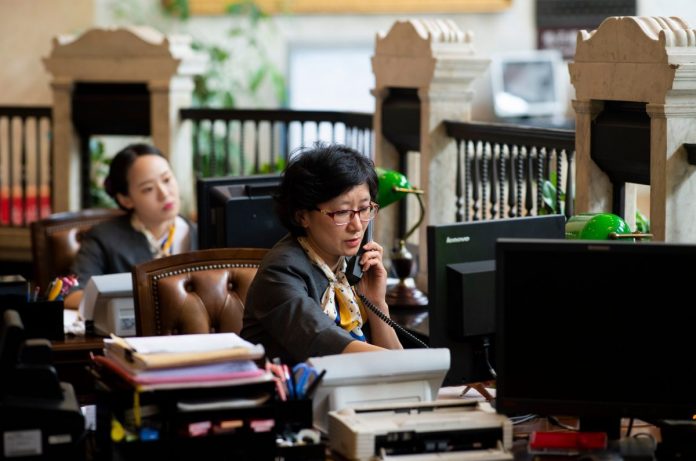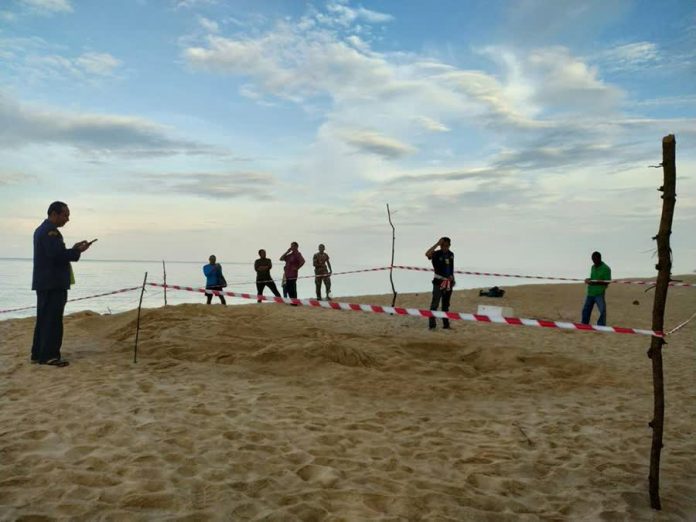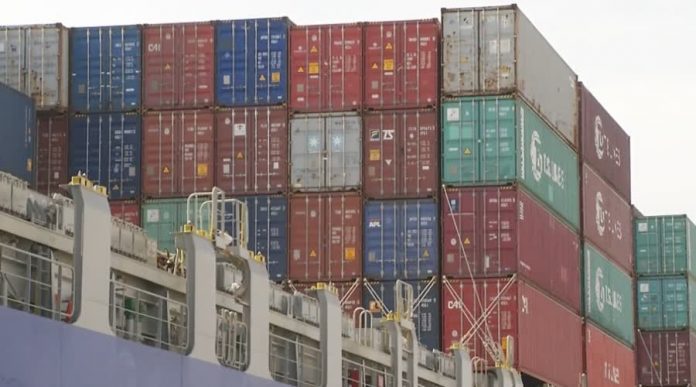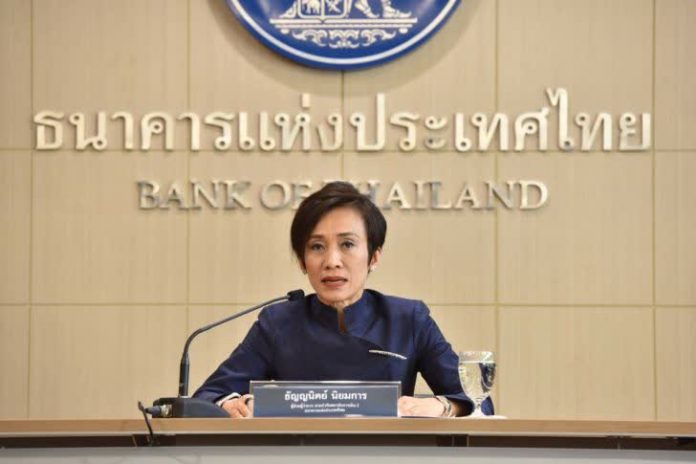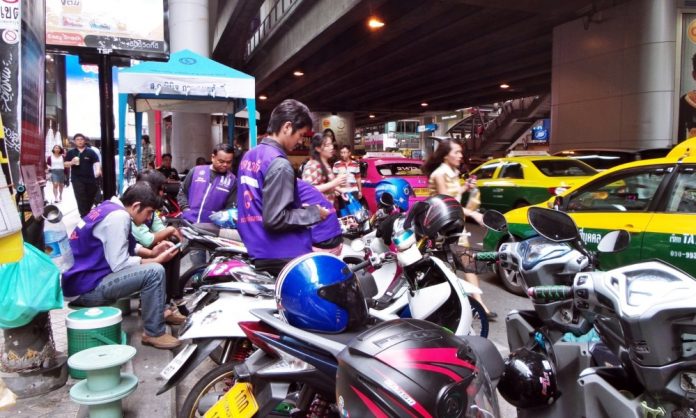Bangkok, 3 November 2019 – The Tourism Authority of Thailand (TAT) organised the first-ever Elephant Wellbeing and Thai Community event that took place at the World Travel Market (WTM) 2019. Inspired by the increasing global concern for elephant welfare, in connection with the tourism industry, TAT hosted a well-rounded panel of experts and key stakeholders to partake in an open discussion about the topic.
Hosted by Mrs. Srisuda Wanapinyosak, TAT Deputy Governor for International Marketing – Europe, Africa, Middle East and Americas, TAT’s goal was to elevate the standards of elephant husbandry by suppliers and handlers, with elephant care at the heart of it all.
“The session was held as a first step of TAT’s goal to improve education and engagement about elephants across Thailand, providing a platform to start a discussion about the current situation and how we can, collectively, move forward towards more sustainable solutions for elephant-based tourism in Thailand and worldwide,” Mrs. Srisuda, added.
A guest panel of experts included Dr. Chatchote Thitaram, Associate Professor, Chiang Mai University; Ms. Claire Jenkinson, Head of Sustainability, ABTA (a UK travel trade association for tour operators and travel agents); Dr. Mario Hardy, CEO of PATA, and Dr. Ingrid Suter from Asian Captive Elephant Standards.
Ultimately, everyone wants to do what is best for Asia’s elephants and to see a higher adoption rate of welfare standards by elephant-related businesses, as there are currently no basic policies in place for consumers to make a more informed decision.
TAT is looking to invite a group of stakeholders, animal welfare charities and media to Thailand to continue the discussion and set in motion a more universal set of standards that benefits everyone – elephants, their mahouts, elephant business owners, DMCs, and tour operators. The goal is to ultimately educate consumers on how to have the most responsible and rewarding elephant experience while on holiday in Thailand.
ABTA will release their updated, stricter, set of animal welfare guidelines on 2 December, 2019, which they will share with all in due course.
The main takeaway message was that there is a clear need for communication, cooperation and compromise. Guidelines are good, but they need to work with local communities to be successful. A transitional period will be needed for camps to make any necessary management changes. A standardised accreditation process would be beneficial, as there is a strong ability for industry reform and success.
In general there was a diverse range of opinions on how to correctly handle elephants while preserving the livelihood of local communities.
Associate Professor Dr Chatchote said, “We are discussing elephant welfare, but we also need to discuss mahout welfare. We need to teach and train elephants to live with humans. Cruelty is being phased out, as we train elephants in a positive way and from a very young age. Riding a saddled elephant places less stress on an elephant than elephants in free-ranging camps. The elephants with no riding activities get no exercise. What is actually best for elephants?
PATA’s Dr Mario Hardy noted that Western countries tended to overlook a deep sense of culture in communities that have elephants.
“We need to be supportive of private-public cooperation that supports those communities that live with elephants and tourism with funding for projects that improve elephant welfare, space, and dietary requirements.“
A cross section of comments from private sector tourism operators showed the complexity of the issues at hand, and the need for both better guidelines and clearer lines of communication. Audience comments and opinions included:
Tour Company: “G Adventures does not support any elephant-based tourism out of concern about smuggled elephants from Burma (Myanmar). Western customers are very much aware of issues and demand high standards. Supportive of ABTA welfare guidelines.”
Destination Management Company: “Customers are still booking elephant-based tourism. There is still a high demand for elephant riding and bathing from many tourism demographics.”
Elephant Camp Owner: “We need to be careful to not destroy businesses by saying ‘no touching the elephants’. We need a long-term plan and this needs to include mahout training and education.”
Thai Elephant Alliance: “Any guidelines and agreements created need to work with and include the people on the ground (mahouts, camp staff, etc). Otherwise, it will be difficult to incorporate into organisational practice.”
Save the Asian Elephants NGO: “We do not agree at all with elephant riding. ABTA guidelines should be compulsory. Working to create legislative bans of any elephant tourism advertising in the UK.”
TUI Group: “We need to be very respectful of local communities and we cannot come in with our strict vision. Many things that are being discussed are not feasible to implement. Fighting will not implement standards, we need cooperation.”
Thai Elephant Camp: “It is very easy for people from the West to point fingers, but being too stringent can have adverse effects. Everyone needs to work with camps to facilitate change.”
EXO Travel: “There is confusion at elephant camps. Initially ABTA had no problems with riding, now they do. Now, they have an issue with bathing. Why? Now, we cannot use these camps. Things need to be communicated better.”








